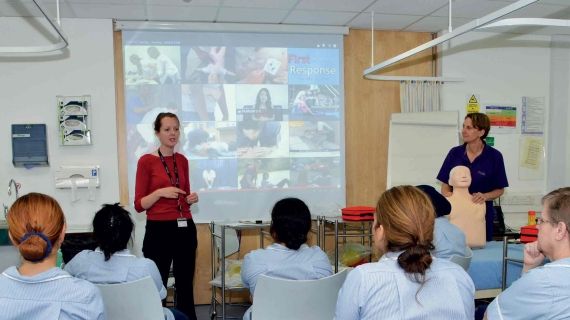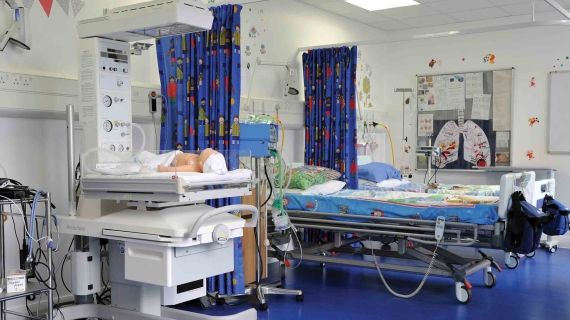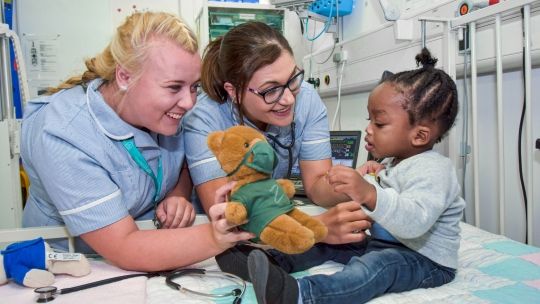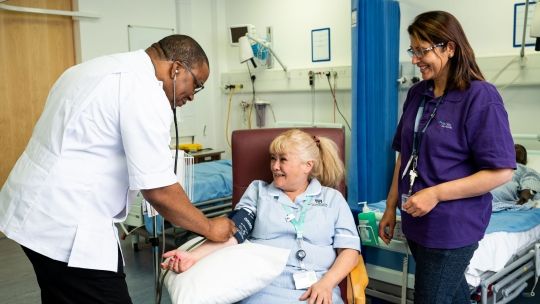
Life on Placement
Life on Placement
Life on placement is usually very unpredictable. You can usually guarantee that you’ll be busy but there can be some exceptions. When I was on a day surgery unit, we used to have lulls but generally admitting patients was our busiest time. Whilst I can’t describe a typical day (because no two days are the same), I can describe some of the routines I’ve had so far.
Most shifts are long days, meaning you’ll spend a minimum of 12 hours on shift and an hour of this is usually your lunch. Shifts tend to start between 7am and 8am, mostly towards the beginning of the hour. At my trust, I work 13-hour days with an hour for lunch included.
Depending on your placement, the morning routine could be completely different, but all hospital wards start with handover. Handover, depending on how it’s done, can be really quick or really long. On my placement in AMU (Acute Medical Unit), it had to be split into two handovers because the unit was so large but on other placements, it was in one room.

During handover, you’ll find out where you’re going, who you’re working with and about the patients. Usually you’ll get the basics which include name, age and gender. Then it goes into the reason for admission as well as past medical history, before talking about the plan for the patient. If the patient had any issues overnight, this will also be discussed.
After handover, generally patients will have breakfast, have a wash or be washed depending on requirements and the beds will be changed. Some people like to tidy their bays, others encourage patients to keep their surroundings tidy. Depending on the type of ward the monitoring of vital signs (or observations as some people call it) are done on a schedule, and most likely there will be a set in the morning to do. There will also be a medication round around breakfast time.
Between breakfast and lunch, the doctors tend to complete their morning rounds to assess patients. As a student nurse, it’s quite handy to try and tag along because you get to find out more about your patients. You’ll find that the time between breakfast and lunch goes quickly, you’ll most likely have a break before lunch time too.

Some wards have a lot of patients who require help with food, so you could be helping patients at lunch time. You’ll also complete another medication round at lunch time for those who have medication more than once a day.
During the day, patients may end up going for tests and investigations and as a student nurse you’re able to go along with patients if they are happy for you to do so. You’ll find most patients are happy for students to come, especially if they’re waiting a while down in x-ray. You’ll also be writing up patient notes, giving a brief overview of the day and what has happened. Lastly, there’s also dinner time where evening medication and observations need to be done.
However, life on the ward isn’t always quite so smooth. Sometimes there are emergencies or patients may deteriorate, or sometimes you’ll have a patient who doesn’t understand why they have to be there and you may find that a lot of your time is spent convincing them to stay on the ward.
Overall, no one day on placement is the same, and whilst I’ve touched on a few routine things that happen – each patient is different and requires different care.

